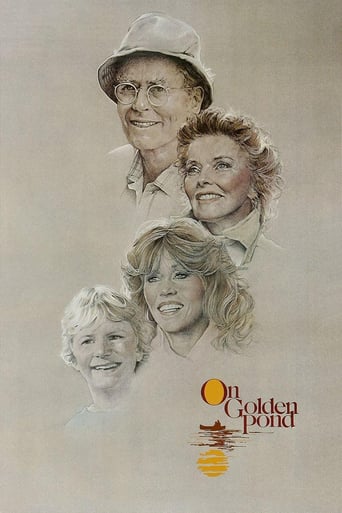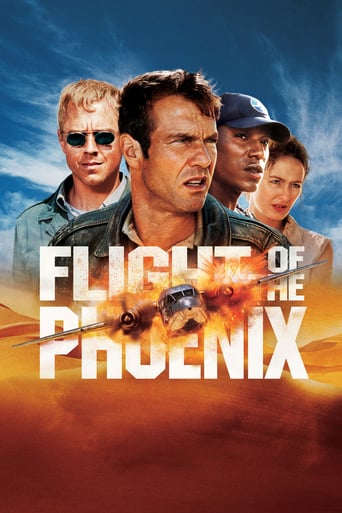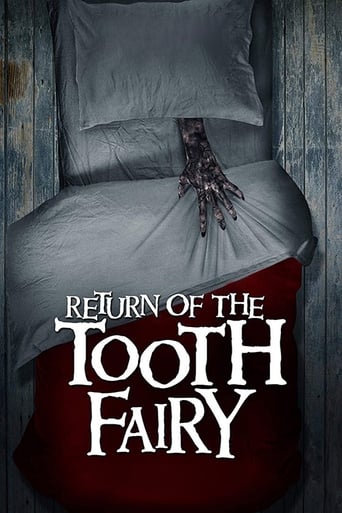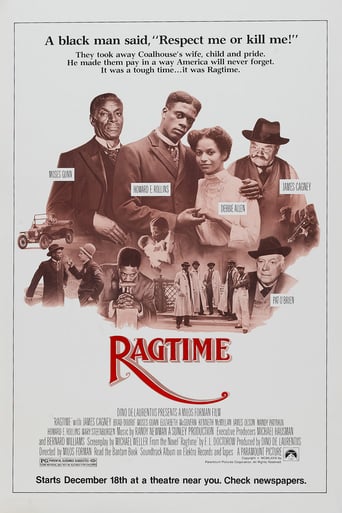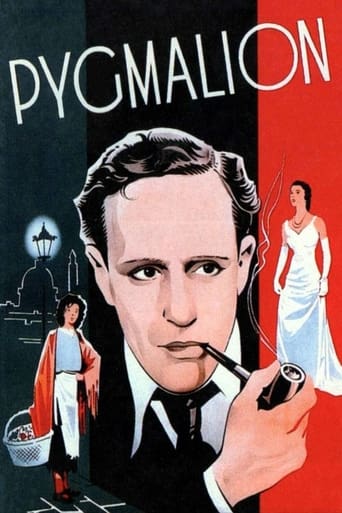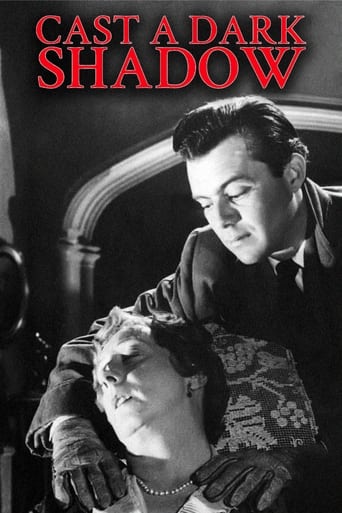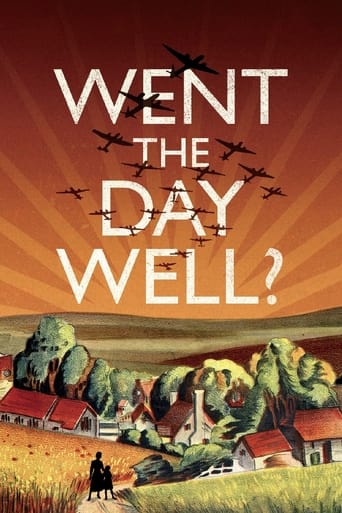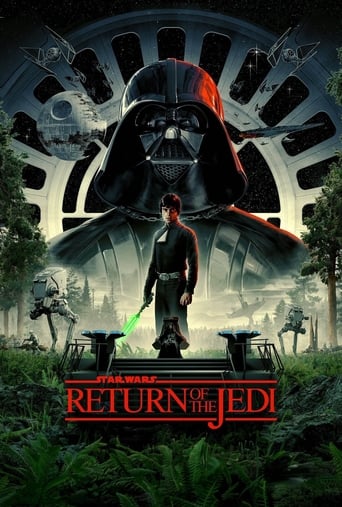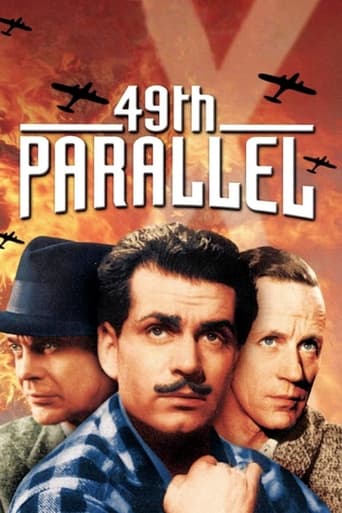


49th Parallel
In the early days of World War II, a German U-boat is sunk in Canada's Hudson Bay. Hoping to evade capture, a small band of German soldiers led by commanding officer Lieutenant Hirth attempts to cross the border into the United States, which has not yet entered the war and is officially neutral. Along the way, the German soldiers encounter brave men such as a French-Canadian fur trapper, Johnnie, a leader of a Hutterite farming community, Peter, an author, Philip and a soldier, Andy Brock.
-
- Cast:
- Leslie Howard , Laurence Olivier , Raymond Massey , Adolf Wohlbrück , Eric Portman , Raymond Lovell , Niall MacGinnis


Similar titles

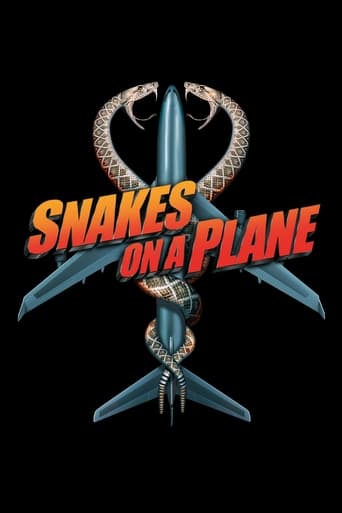
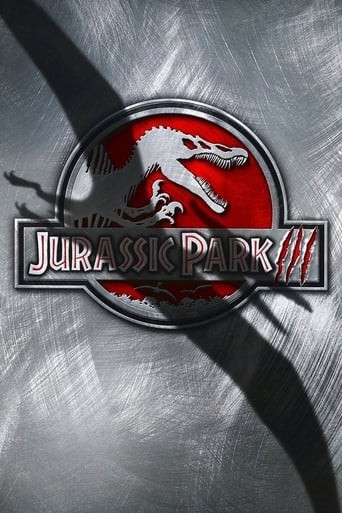
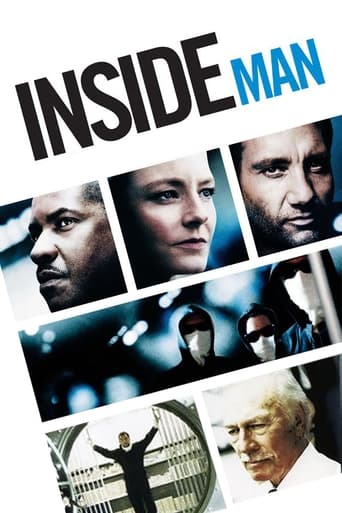
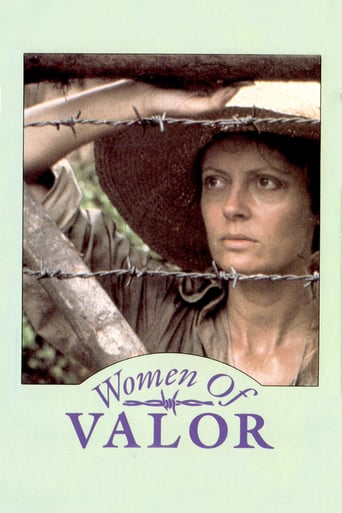





Reviews
Fantastic!
The film never slows down or bores, plunging from one harrowing sequence to the next.
The movie's neither hopeful in contrived ways, nor hopeless in different contrived ways. Somehow it manages to be wonderful
By the time the dramatic fireworks start popping off, each one feels earned.
So sayeth one of the characters, Richard Armstrong Scott (played by Leslie Howard) and never have truer words been said of films in general and of this one in particular. WW2 has long gone but this celluloid gem remains and although filmed for WW2 propaganda this has not limited its continued enjoyment and appreciation. It is a superb commentary on the dangers of any ideology that demands total blind servitude of its followers and perpetrates cruelty and murder to attain it. The film is a stinging commentary on Nazism set against a back drop of the ordinary and human endeavours of people in Canada.The story opens with a German U-Boat off Canadian waters. The boat and crew require fuel and supplies to enable their return to Germany and so they select a remote part of Canada (Hudson Bay) to surface whilst 6 of the crew go on foot to a village to procure the necessities for the journey home. Disaster strikes when the U-Boat is traced and bombed to pieces by Canadian fighter pilots leaving the 6 men who reached shore stranded on foot and in enemy territory. Their journey to reach the USA, which was still neutral in WW2 at this point, is the main focus of the film and is told in 4 chapters: the pillaging at Hudson Bay; a sojourn at a German Christian community, the Hutterites; on foot going west where they encounter a writer researching the native Amerindians; and finally, a confrontation with a Canadian soldier on board a freight train travelling across Niagara Falls from Canada into the USA. During the course of the journey the 6 crew dwindle as they die or are arrested leaving just one of them trying to reach the US at Niagara.There are many stars of the era in this film and performances all round are superb even Laurence Olivier's turn as a French Canadian (resembling Gael Garcia Bernal when he sports a beard!) that sometimes raises eyebrows. There is some witty and perceptive dialogue and even though the Nazis sometimes get the better of the Canadians, the Canadians are given the greater voice. Some fine examples of this are:"You and your Hitlerism are like the microbes of some filthy disease.""I never would have believed that grown up men could behave like spiteful little schoolboys" (after a Nazi symbolically destroys a Matisse and Picasso)."One armed superman {the Nazi} against one unarmed decadent democrat." The chapter in which the Nazis hide out with the Hutterites is particularly poignant as one of the Nazis discovers to his astonishment that in the community people work because they want to support the community, not for financial gain. They work at whatever they enjoy and/or are skilled at. If they leave their community for any reason and return they are not punished but welcomed back. The contrast drawn between them and Nazi Germany is implicit. The importance of the Hutterite chapter is that this film is not anti-German but anti-Nazi.Watching the film 70 years since it was made one feels patriotism roused as well as hatred and fear of Nazism and what it represents; amazing as a piece of propaganda and marvellous as a film. Finally, this film served Canada and its peoples very well giving it and them a character separate from and distinct to the USA.
Yes, it is (was) propaganda. But never has there been a more curiously right and true epitome of the sloppy yet resilient defense of transcontinental democracy than this. Canada wins because Canada is a mess; the Nazi neatness and demand for clear-cut lines falters, and in the end is clobbered with a roundhouse right. So long as I live, I will love this film; it's P&P at their best, and the Vaughan WIlliams score is second to none. What else can one say? I wish I were Canadian.And since the IMDb, to which I contributed long before it became such a commercial concern, insists that I have at least 10 lines of text, I will keep on jabbering for a few more lines, in order to preserve the above comments for posteriority ...
Earlier Powell and Pressburger (pre-Archers?...?) skit about a bunch of crashed Germans in Canada during WWII, right before the US enters the war. The Germans want to make it to the US border where they'll have political asylum, but first they must get through the vast landscape and 11 million population of not-quite-so-wary Canadians--adversaries that are more happy to listen to their German philosophy with a cock-headed grin and a justifiable democratic argument against their politics than they are trying to stop or kill the group in particular. Yet somehow the group of six Germans quickly falls to five, then four, then three, then two...As a bit of WWII propaganda it has its fallacies. As a survival in enemy territory narrative, it's interesting because you want to see how far they'll go (everyone loves the underdog), but you also want them to get stopped. The Archers mix those contrary conceits very well. And as a character-based war drama, it's a bit too caricaturistic to take too seriously. Everyone has extreme accents, and the lead German has the faint trace of a lisp. Powell and Pressburger do the best when contrasting their hyper-diagonal marching against the curved countryside, and they take a particularly "democratic" stance here--one so democratic, at points it lingers near communism, which the Germans are appropriately appalled at but not all that believably considering their close proximity to this little country called the USSR (perhaps you've heard of it).It's fun seeing these two auteurs get a handle on the type of characters they like and the type of filming they want to do, but later they were to go on to create much more sophisticated, gorgeous, and well-told works that stand out greater in the annals of cinematic history. They would keep such things as the caricatures (the Yank in A Canterbury Tale, the entire figure of Colonel Blimp), international drama (Black Narcissus, A Matter of Life and Death), and love of the countryside (A Canterbury Tale, A Matter of Life or Death) in much more solid and spectacular narratives. This movie is an early work, and feels it, but it's not quite so bad as their somewhat regrettable I Know Where I'm Going.--PolarisDiB
You'd be tempted to think that there's no way '49th Parallel (1941)' could have turned out anything less than excellent. Not only do Michael Powell and Emeric Pressburger perform their famous double-act, but there's also the equally-enviable partnership of David Lean (here working as editor) and cinematographer Freddie Young. But we must remember that in the realm of WWII propaganda there lie dangerous waters, and only the most talented filmmakers (so far, I count Hitchcock, Wilder, Renoir, Curtiz and Reed) can navigate their war-themed picture towards any degree of lasting respectability. We can certainly add Michael Powell to that list of famous names. '49th Parallel' is different from most of its contemporaries because it presents the film solely from the German point-of-view. The portrayal is not favourable, of course, and at least their commander reeks of pure evil, but the German characters are nonetheless humanised to no small extent. These aren't cold, immoral monsters, but ordinary people, swept up in euphoric Nazi ideology and pining for the simpler life they can barely remember.When a German submarine is destroyed in Hudson Bay, Canada, the surviving Nazi soldiers led by the fiercely patriotic Kommandant Bernsdorff (Richard George) must navigate their way across the country into the then-neutral United States of America. The native citizens they meet along the way are largely jovial and laid-back, many hardly aware of the war raging across the Atlantic, and the Germans haughtily deem them foes unworthy of the Fuhrer's might. But these Canadians, as placid as they first seem, can surely recognise fascism when they see it, and each of the soldiers is picked off one by one, like the characters from a war-themed version of Agatha Christie's "And Then There Were None." Among the unwitting local patriots is French-Canadian trapper Laurence Olivier a caricature but an entertaining one anthropologist/author Leslie Howard, and grinning deserter Raymond Massey, each of whom shows the Nazis that they're dealing with an enemy whose sheer spirit overshadows all of Hitler's armies combined.The film was apparently intended as a tribute to Canada's involvement in the war, and perhaps as was Hitchcock's 'Foreign Correspondent (1940)' a call-to-arms for the then-isolationist United States, who would hold back until the Japanese attack on Pearl Harbour in December 1941. Many of the film's characters remark upon the sheer remoteness of the war relative to their own lives, unaware that it is actually standing before them; this idea was almost certainly aimed at American audiences. After the brilliantly suspenseful first act at Hudson Bay, I initially felt that the film was going off track by continuing to follow the Germans after their aerial departure from the remote village. However, as time wore on, I began to appreciate what the film was aiming for. Though the snow-swept slopes around Hudson Bay may seem leagues away from the Canadian/American border, Kommandant Bernsdorff and his ever-dwindling band gradually progress their way south, until, not only does he reach the border, but he physically crosses into the United States. The War had never been closer.

